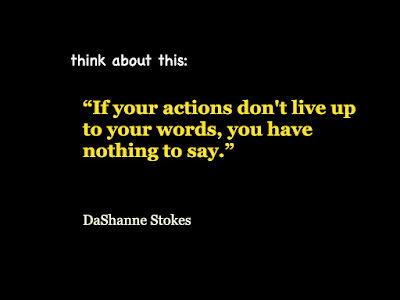Goal setting usually needs a broad perspective and consensus – without those you might miss what’s best. Don’t try coming up with them entirely on your own – this is another example where two heads are better that one. I like to develop them within a framework that analyses them against driving forces (the things that currently exist to support them) and restraining forces (the things that will work against achievement unless addressed). When you understand those, you can begin to devise initiatives to develop and implement your goals successfully. The key being a broad consensus of support – without that you won’t win hearts and drive engagement; with them life takes on meaning and you become motivated and charge after them in an unstoppable manner. You don’t want too many people that are ambivalent or opposed to your goals – that’s not fair to you or them. Just because you think your goals are right doesn’t make them so – you need a plurality (usually more than 60%) to create the momentum you want and need. 51%/49% isn’t good enough. Getting to 60%+ takes work, lots of listening, honest discussions, and the give and take of consensus. You're responsible for coming up with goals that excite most everyone today.
Leslie Calvin Brown (born 1945): American politician and motivational speaker. He was a member of the Ohio House of Representatives from 1977 to 1981.



















